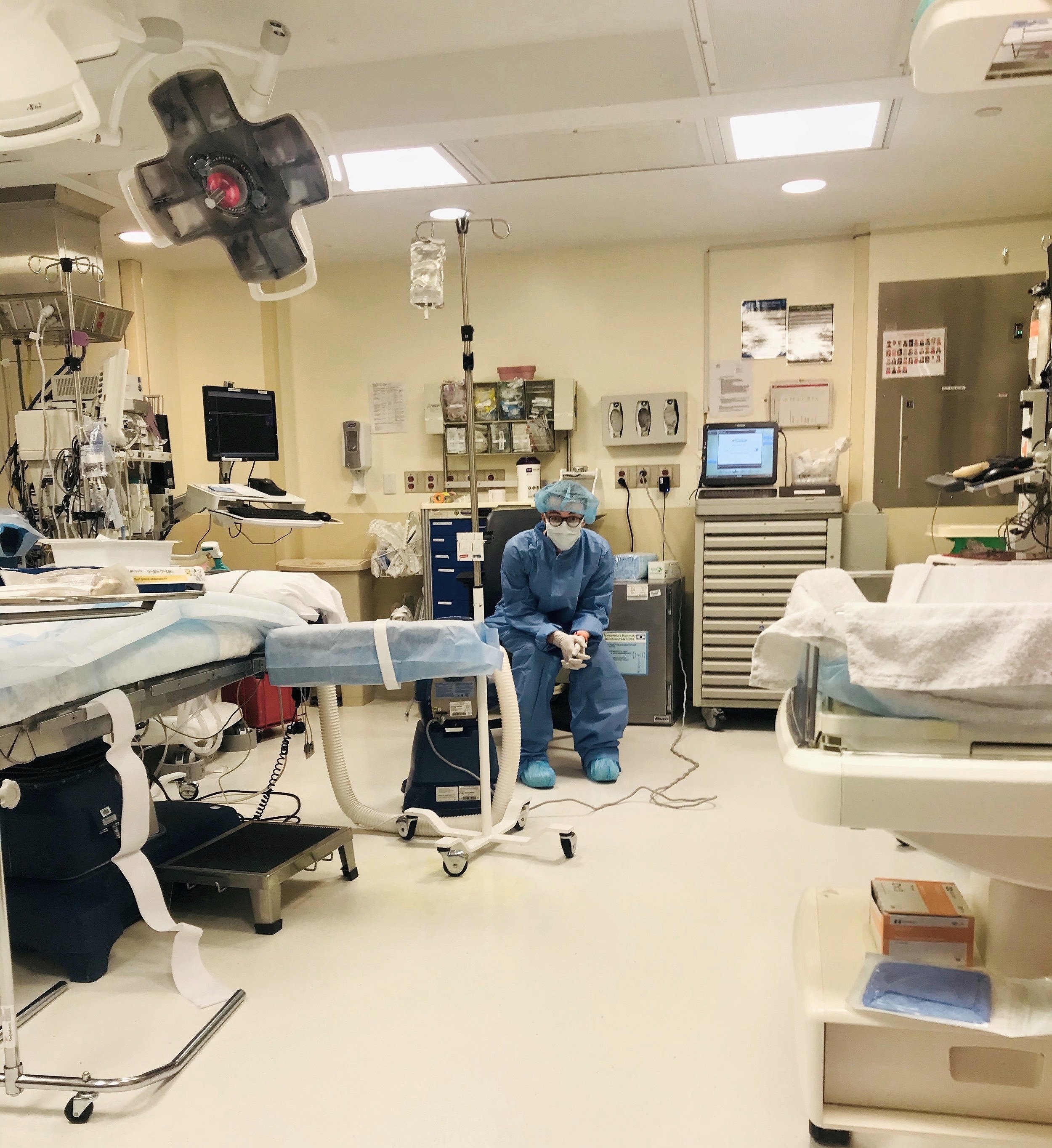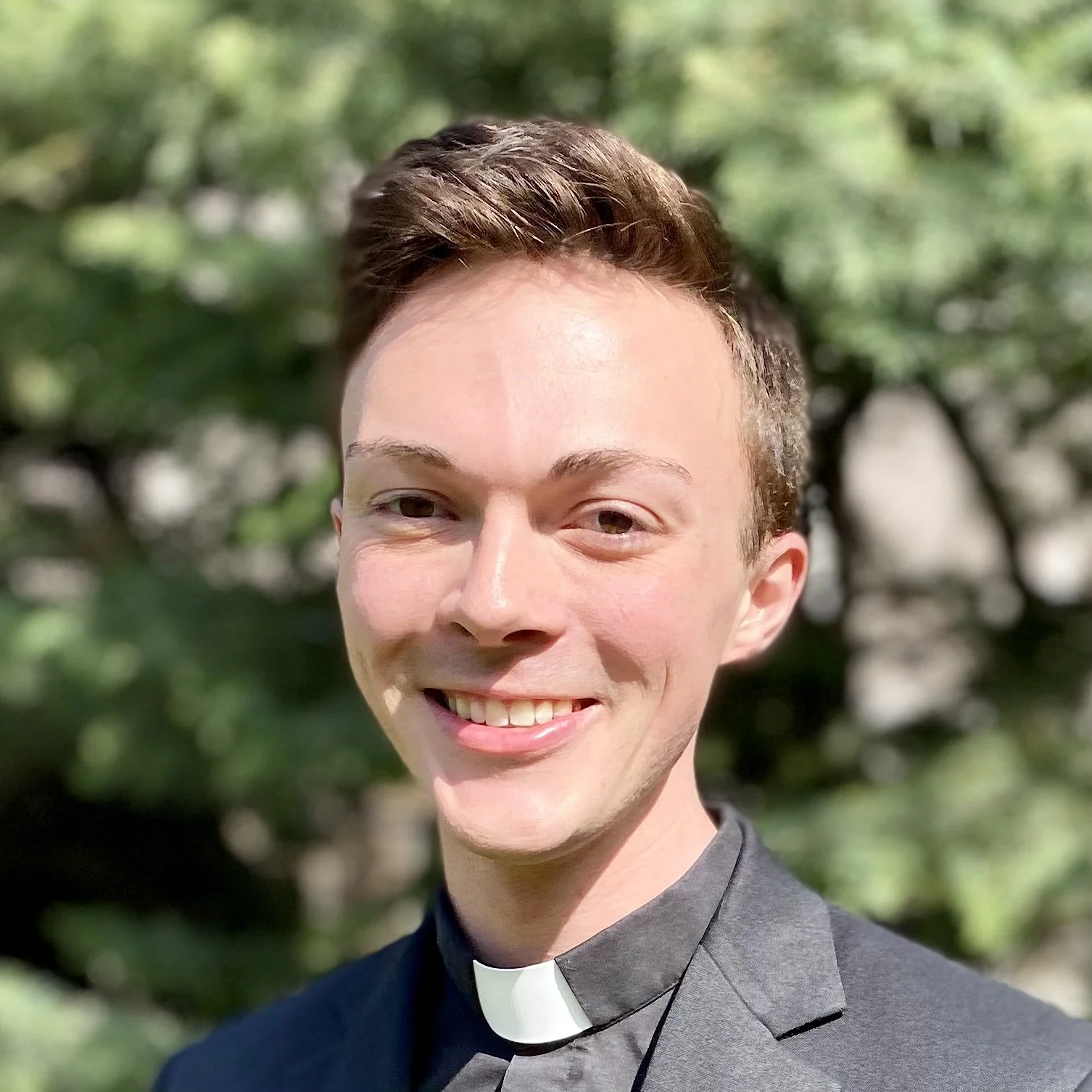
Nurses: Experts in Humanity
In addition to being a Jesuit, people are sometimes surprised to learn that I am also a nurse. I hear things like, “I didn’t know Jesuits could do that.” Or they ask, “How does that work?” While it is certainly not a common combination, I find that the two vocations complement one another. I believe that they add integrity to each other when practiced simultaneously.
In the year before COVID-19, I discerned with my Jesuit superiors that becoming a nurse was part of my calling from God. When describing my desire, I drew upon memories, like asking for anatomy books for Christmas as a child. I tried to relay my recurring fascination with what it means to be human, a composite of body and soul. A frequent question in the discernment process was, “Why don’t you want to become a doctor?” I answered that there is more to my longing than academics. There is an irreplaceable, relational component to nursing in health care.
I was in the middle of my accelerated nursing program when the pandemic shut
down New York City. It was a wild time to be an aspiring health care professional. Suddenly, nurses were on billboards and murals throughout the city. People were banging pots from the windows of their quarantine to cheer on this field I was so humbled to be joining.
One evening, in the thick of the pandemic, I felt heartily affirmed in my dual vocation to be a Jesuit nurse. A friend sent me an article quoting Pope Francis, in which he called nurses “experts in humanity.” When trying to explain my vocation to Jesuit superiors years prior, how I wish I’d had that affectionate expression of the Holy Father’s in my back pocket. That lofty title, “expert in humanity,” was the reason I studied at ungodly hours for exams and labs the following morning.
Adam Bohan, SJ, is a third-year regent serving at Loyola University Chicago Medical Center. He entered the Society of Jesus in 2015.
Unlike other health care professions, nursing is entrusted with a unique combination of care for humanity, both physically and relationally. A nurse’s insight into a patient goes beyond the physical matter of the body, in all of its fascinating physiological happenings, to include the metaphysical reality that animates our
human anatomy—the soul. Truly, only time at the bedside with the patient can afford such a privileged proficiency, and Jesuits should be there.
Now, in my current stage of Jesuit formation, called regency, I am delighted to work full-time as a registered nurse in the neonatal intensive care unit at Loyola University Medical Center. In my work caring for babies, I watch life come into the world, and sometimes I also accompany life at its other threshold. In any case, a consistent confirmation of my calling to be a Jesuit has been my simultaneous vocation to nursing. I hope to live up to the professions’ expertise, as prescribed by the pontiff himself.


